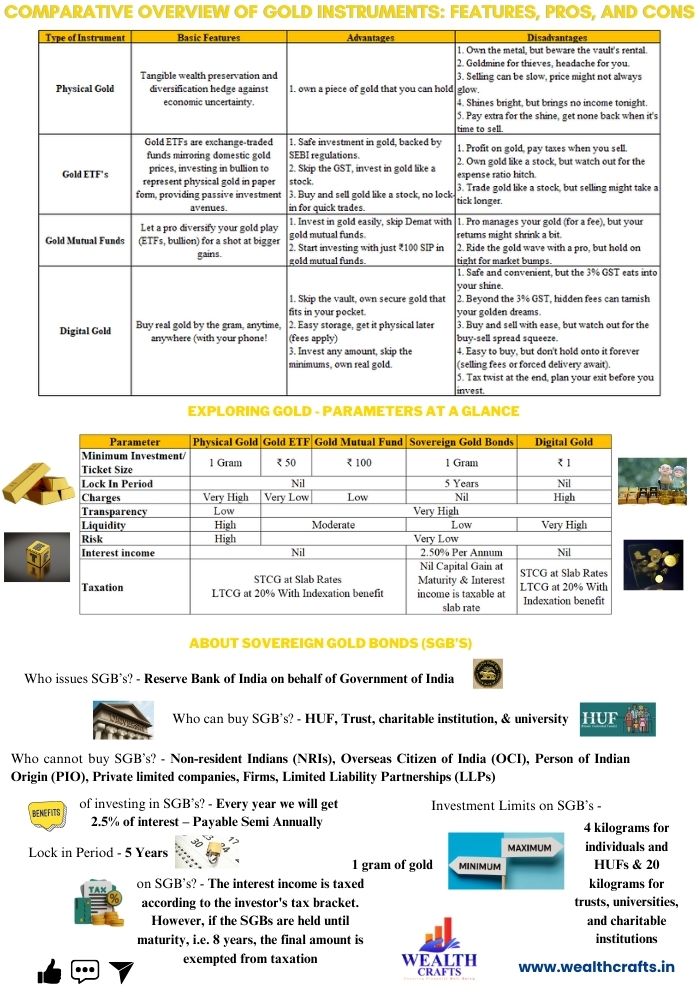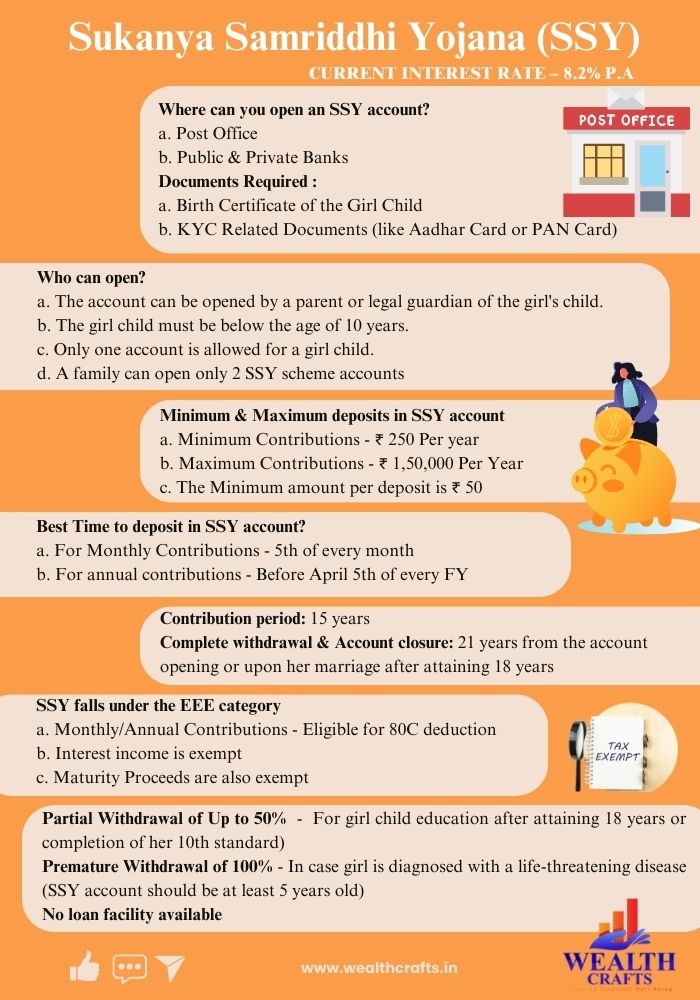Budgeting is the process of creating a plan for your money. It involves identifying sources of incomes and allocating expenditures after providing for savings and investments. It helps you to spend and invest the hard earned money wisely and thereby helping us to meet our personal and financial goals in life. This is a very important tool that every individual should use in his financial planning process. Therefore, we need to prepare our budget very carefully taking into account complete information, future priorities/ goals, resources etc.
Budgeting helps us identify our priorities and assimilate limited resources towards fulfilment of those priorities. This serves as a tool to scrutinize our spending habits and make the required course corrections. Thus, budget also serves as a control tool helping us to prioritize our activities.
Components of a Budget
In order to budget efficiently, it is important to know and understand the various components of a Budget which are broadly classified under Incomes; which is the estimated money receipts from all sources, and Expenditure; which refers to the estimated expenditure for different activities.
Sources of Income – Salary, Bonus, Incentives, Rents, Business, Royalty, Interest Income, Capital Gains, etc.
Expenditures – Basic/Mandatory, Discretionary, Education, Child Care, Travel, Charity, EMIs, etc.
Steps to Create a Budget

Budgeting is a process of matching your incomes, your expenses and your goals and aspirations. It is important to align all three to ensure your budget is enforceable. Remember the purpose of a budget is to streamline your finances, do not try to force yourself by setting unrealistic restrictions that end up disappointing you. Else, you end giving up on sticking to one.
Assessing Personal and Financial situation
The first and critical point of personal budget preparation is self-assessment. One must assess their sources of income, spending habits and financial net worth. Assessment should also include understanding of personal needs, values and life situations such as health, family dependents, commitments and even the general economic conditions.
Identify Sources of Income, Expenses and Net Monthly Cash Flows
Make a note of all your regular sources of incomes like salary, rental income or business income. Account for all the deductions from your salary, taxes for other sources of incomes and get to know the net cash monthly flows. Doing this exercise for a few previous few months will help you arrive at sustainable cash flows that you can work with in your personal budget. This is most helpful for people like freelancers who have uneven cash flows every month.
We must create a budget for fixed and variable expenses based on our projected income and goals. Fixed budget will include expenses such as house rent, loan repayment, utility bill, salaries etc. Variable needs may include transport, food, entertainment, vacation, donation etc.
Designing a Budgeting Plan and Use a Budget Tracker
Allocate resources not only for your needs but also make room for some wants. Understand that you need to make room for essentials and it would be prudent to provide for emergency corpus, insurance, retirement first before you allocate resources for wants like gadgets, vacations and entertainment.
Use a budget tracker; build one yourself in excel or get a free excel based budget tracker by registering for a free webinar on Budgeting. Maintain discipline, and make entries in your tracker with all your expenses. Your tracker will quickly reveal where your money is going and help you take corrective action.
Set Financial Goals and Automate Investments
If you are preparing a personal budget for one year, you can state our goals and segregate them into different buckets – essential, non-essential, short term, long-term goals and so on. Use SMART goal guidelines and define goals that are Specific, Measurable, Actionable, Realistic, and Time Framed.
Automate your savings and investments as much as possible. Choose tools like Systematic Investment Plans (SIP) where you invest a specific amount at regular intervals.
Monitor & Refine
When you diligently follow your budget and maintain records of your incomes and expenses, you will see a trend of your income and expenses. One needs to regularly monitor these trends to see deviations from your initial budget. This allows you to modify allocations; cut down on unnecessary expenditures or allocate more resources to essential goals and course correct.
Importance of maintaining a Budget
- You will understand your entire household finances; where the money is really going and whether it is for right purpose or not.
- It will help you create a blueprint to meet or pay off the financial liabilities.
- Ensure disciplined savings and investments towards achieving goals such as building a house, start a business, for schooling, major expenses like college, serious illness and many other purposes.
- Helps us in the time of unexpected expenses and bad financial situation.
A Common Rule to follow
“If you have surplus, you are safe but if you have deficit, you have two things to do: Find ways and adjustments to increase your income or you should consider cutting elsewhere to keep expenses under control.”
There is no need to reduce our entertainment spending by 80% – it won’t work over the long period. Instead, we can just average out what we’ve spent on entertainment for the last few months. Then, after some time and some success, we can trim it a bit more and thus in this way bring the budget in control.
A proper budget and tracking system can do wonders to your personal finance. It is a matter of time before you start seeing results and march towards your financial goals. So take control of your finances and prepare your budget.
Need more help – Book a Free Consultation Call or Register for Free Webinar on Budgeting on the 30th May 2020 and get a free Excel Based Expense Tracker



